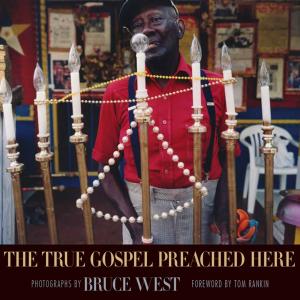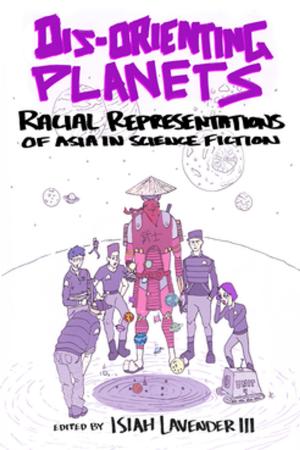| Author: | ISBN: | 9781617036835 | |
| Publisher: | University Press of Mississippi | Publication: | January 16, 2013 |
| Imprint: | University Press of Mississippi | Language: | English |
| Author: | |
| ISBN: | 9781617036835 |
| Publisher: | University Press of Mississippi |
| Publication: | January 16, 2013 |
| Imprint: | University Press of Mississippi |
| Language: | English |
Percival Everett writes novels, short stories, poetry, and essays, and is one of the most prolific, acclaimed, yet under-examined African American writers working today. Although to date Everett has published eighteen novels, three collections of short fiction, three poetry collections, and one children's book, his work has not garnered the critical attention that it deserves. Perhaps one of the most vexing problems black and white scholars have had in trying to situate Everett's work is that they have found it difficult to "place" him and his work within a prescribed African American literary tradition. Because he happens to be African American, critics have expectations of so-called "authentic" African American fiction; however, his work often thwarts these expectations.
In Perspectives on Percival Everett, scholars engage all of his creative production. On the one hand, Everett is an African American novelist. On the other hand, he pursues subject matters that seemingly have little to do with African American culture. The operative word here is "seemingly"; for as these essays demonstrate, Everett's works falls well within as well as outside of what most critics would deem the African American literary tradition. These essays examine issues of identity, authenticity, and semiotics, in addition to postmodernism and African American and American literary traditions--issues essential to understanding his aesthetic and political concerns.
Percival Everett writes novels, short stories, poetry, and essays, and is one of the most prolific, acclaimed, yet under-examined African American writers working today. Although to date Everett has published eighteen novels, three collections of short fiction, three poetry collections, and one children's book, his work has not garnered the critical attention that it deserves. Perhaps one of the most vexing problems black and white scholars have had in trying to situate Everett's work is that they have found it difficult to "place" him and his work within a prescribed African American literary tradition. Because he happens to be African American, critics have expectations of so-called "authentic" African American fiction; however, his work often thwarts these expectations.
In Perspectives on Percival Everett, scholars engage all of his creative production. On the one hand, Everett is an African American novelist. On the other hand, he pursues subject matters that seemingly have little to do with African American culture. The operative word here is "seemingly"; for as these essays demonstrate, Everett's works falls well within as well as outside of what most critics would deem the African American literary tradition. These essays examine issues of identity, authenticity, and semiotics, in addition to postmodernism and African American and American literary traditions--issues essential to understanding his aesthetic and political concerns.















